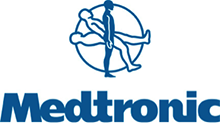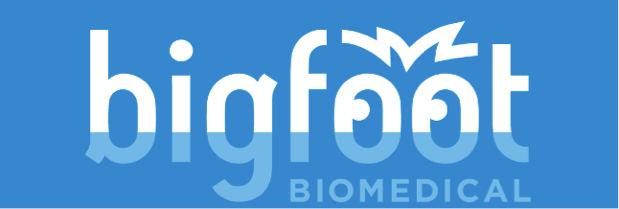Elena Mangano

"Don’t underestimate the importance of communication! I have had endless opportunities to give presentations in my role as an Applications Engineer, with audiences from the CEO/President of my company, to high school students. Being comfortable with public speaking and presenting has really helped me build my career at Instron. I’ve been given many opportunities to travel across the US and to Europe to help provide training to both Instron employess and to our customers."
Sara Ripp
Breana Roides
Lisa Bobich, PhD

"Search for medical device companies and apply to any position that looks interesting; apply to all positions even if you don’t feel fully qualified – the company can decide whether to consider you or not (i.e., don’t filter yourself out by not applying); at my company, a lot of biomedical engineers work in the quality role. the best way to land a role is to network – I did this by finding an internship when I could not find a full-time position and then used the internship to network and find a full-time position."
Andrew Bochenko

"There often will be a number of qualified candidates for an open role, so distinguish yourself by who you know and how you communicate. Network, build relationships, and don’t be afraid to ask for help. Job search engines are great for identifying companies, but you’re much more likely to get your foot in the door if you build a contact there. LinkedIn is a great tool to get started with this."
Kerry Wang
Nick Drury

"Regardless of whether going to graduate school or into the workforce, first identify your interests and then aggressively pursue your options! The jobs will not come to you, but rather use all available resources, most importantly networking, to get your foot in the door. Once there, be confident in yourself and know that you’re well-trained to be successful."
Huy Le
"Find an area of science/engineering (or any related field) that is continually challenging and don’t hesitate to apply to positions where your qualifications may not perfectly match. Obtaining a degree in Biomedical Engineering means a student is equipped with the necessary skills to learn on the job and to lead."
Elizabeth Contini

"A short bit of advice for entering industry would be: Try to discover what really drives and motivates you, and also what skills you want to gain in your next career development goal. Use these pieces of information to guide you in your job search and to strengthen your interview. Most likely your first job will not be your ideal job, but once you get an opportunity to join a company, you can utilize your skillset and networking to find a job that can help you move forward in your career. (Who knows, you might discover something you didn’t even know you liked!)"

